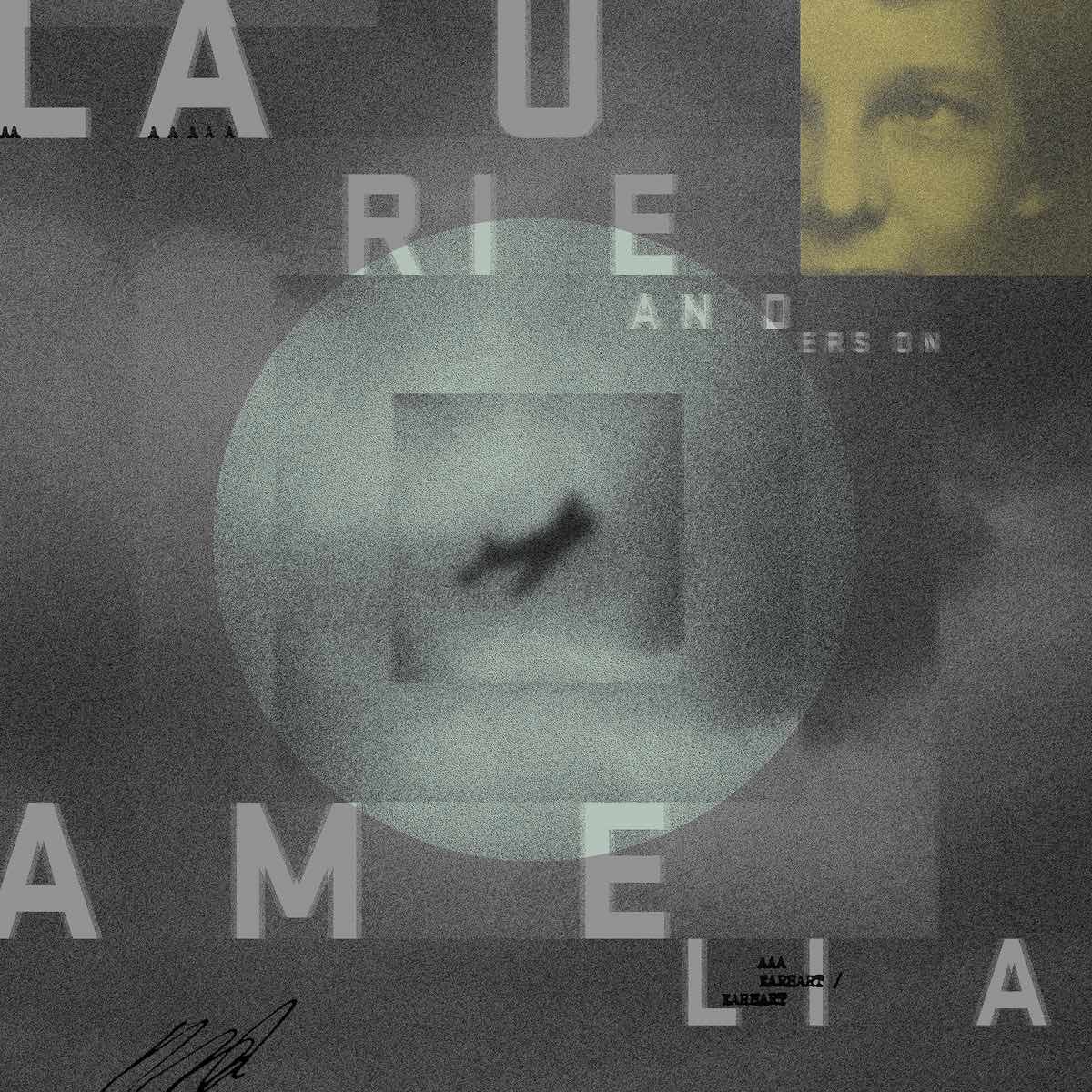Laurie Anderson
Amelia
NONESUCH
Like pioneering aviator Amelia Earhart, composer, vocalist, and alchemist Laurie Anderson remains gloriously adrift in free flight, capturable only by our memory of the stories she tells and the eccentric, evocative fashion in which she synthesizes those myths. To paint such an eerily impressionistic aural portrait of the flier/feminist avatar and her last, lost flight, Anderson works with an immense, colorful palate on her new LP Amelia—one radically different from her more confined and intimate projects.
Here, a mesmeric-voiced Anderson combines the talents of conductor Dennis Russell Davies (who initiated the project) and his Czech ensemble Filharmonie Brno, along with mystical atmospheric vocalist ANOHNI, in order to craft a wide-scale mix of icy, even-flowing instrumentals and erratically fragmented blurts of sound so as to tell Earhart’s tales. Not unlike what Anderson did within a smaller scale on 2018’s Landfall with Kronos Quartet in conversation about the aftermath of Hurricane Sandy, she never allows herself, her many tech-affected voices, or her varied text to be overly engulfed by the range of orchestration or tone.
Perhaps it’s that the monologist-vocalist speaks as the aviator herself, a proud American woman who understands the value of (and challenges faced for) her feats, the times in which she lives, the feminist implications before her, the stress of setting such a lofty agenda, the sadness at the potential to fail, and the assaults the world has in store for the oceans. Perhaps, too, it’s because Anderson—a true master of FX-driven suspense and verbal disguise—filters hard fact and flighty perspective into one tight, 35-minute audio-verité package, knitting together telegrams, longitudinal readings, and other black-box-like ephemera with poetic first- and third-party narrations, all of which soar gently and craggily through ANOHNI’s cloudy backgrounds.
Beginning Amelia with the same words she used to close her epic—“It was the sound of the motor I remember the most”—Laurie Anderson again creates a relatable yet unusual world, metrically illustrates all of its free-flying joys, and elegiacally warns against its most menacing dangers.









